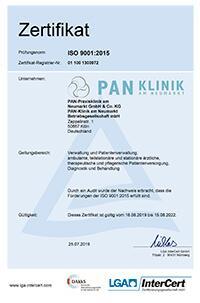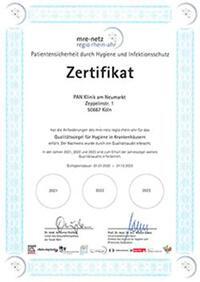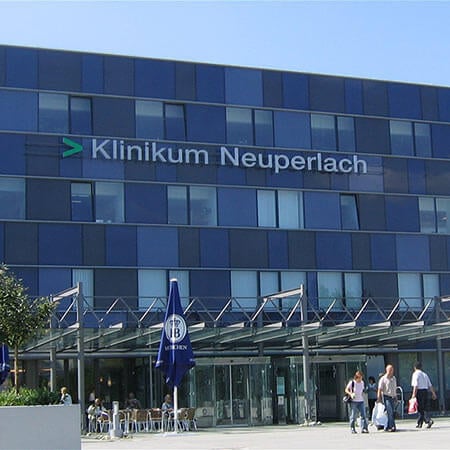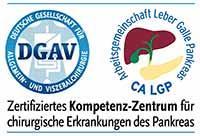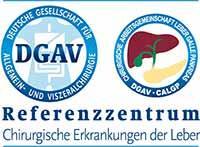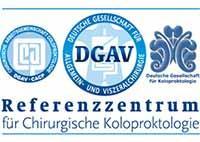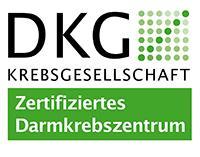Constipation is defined as an increase in stool density that corresponds to type 1-2 according to the Bristol Stool Form Scale. This is feces in the form of lumps or in normal form with an admixture of lumps. Constipation may have many causes that are not always possible to determine, even with the help of long-term monitoring and a comprehensive diagnostic examination. According to the mechanism of development, constipation can be caused by impaired defecation, a slowdown in transit through the bowel or with normal transit (irritable bowel syndrome with a predominance of constipation). All types can be successfully treated if you receive medical care at one of the German hospitals.
Content
- Causes of constipation
- Diagnostics
- Treatment
Constipation is usually treated with diet and pharmacotherapy. Patients also require an examination to exclude organic colon disease. Less than 5% of patients require surgical treatment for chronic constipation.
You can seek medical attention from the Beta Klinik Bonn, the PAN Clinic Cologne, or the Hospital Neuperlach Munich.
The Booking Health company will take care of all the arrangements for your trip to Germany. The company's specialists will help you to select a specialized medical center and a doctor and make an appointment on your preferred dates. They will also help you to apply for a visa, come to the hospital, provide an interpreter and a personal coordinator, and control the cost of medical services rendered.
Causes of constipation
Constipation is a symptom but not a separate disease. This symptom may have many causes, including:
- mechanical causes such as cancer, anal fissures, compression of the intestine by a massive lump;
- neurological causes such as impaired intestinal innervation due to spinal cord tumors, Parkinson's disease, or stroke;
- endocrine causes such as diabetes mellitus, hypothyroidism, and electrolyte imbalance caused by adrenal dysfunction;
- mental causes such as autonomic dysfunction, anorexia, and irritable bowel syndrome;
- inflammatory causes such as autoimmune inflammatory processes in the bowel caused by systemic connective tissue diseases;
- dietary causes such as lack of fiber and fluid, or meals 1-2 times a day;
- toxic causes such as poisoning or side effects of drugs.
Сonstipation most often affects the elderly. After 60 years, stool thickening and a decrease in the frequency of stools to less than 3 times a week are noted by 36% of the population.
Diagnostics
There are two main tasks in constipation diagnostics:
1. Exclusion or detection of organic causes of constipation such as colon cancer, rectal prolapse, hemorrhoids, etc. This is a required step before beginning long-term treatment because if a patient misses a dangerous disease after a while, they may suffer serious health consequences.
2. Determination of the cause of constipation. Patients are examined for the most common diseases that are the causes of impaired stool frequency and consistency: they undergo hormone testing, general clinical examinations, abdominal ultrasound scans, etc. Colon function can be assessed with the following examinations:
- balloon expulsion test;
- anorectal manometry;
- electromyography.
Without exception, all patients over the age of 50 must undergo a colonoscopy to exclude cancer. Other patients may be prescribed a colonoscopy only if there are signs of cancer or if there is a hereditary predisposition to colon cancer.
Treatment
The treatment of constipation in Germany is usually conservative. The main methods include:
Diet therapy. It is recommended to increase the amount of fiber and fluid in the diet, add fractional nutrition, and reduce the proportion of refined and animal foods. Fiber can be prescribed in the form of dietary supplements of 20-30 g per day.
Exercises. Any type of physical activity stimulates the bowel function.
Laxatives. These medications solve the problem in the short term but are undesirable for long-term use. They are usually applied in a course of no more than 2 weeks.
Constipation treatment with botulinum toxin. This treatment option is used in the case of constipation caused by anal sphincter spasms. In this case, botulinum toxin is injected to relax it. It provides an effect for 3-4 months, which is achieved due to impaired neuromuscular transmission. The treatment method is not expensive since low doses of botulinum toxin are injected into the anal sphincter area. The effect, however, gets worse over time and repeated injections may be required.
Surgical treatment. This type of treatment is a rare option. Sometimes the operation can be performed for constipation with delayed bowel transit if the effect cannot be achieved with medications. Doctors shorten the colon for the contents of the intestine to move faster to the "exit". This operation is called a colectomy or large intestine resection, with the formation of an ileorectal anastomosis. The operation is effective in more than 90% of cases. In its classical version, it is performed through a large abdominal incision. Doctors at specialized German centers perform it laparoscopically through short incisions.
You are welcome to use the Booking Health service to undergo your treatment at one of the German hospitals. On our website, you can find the cost of treatment and make your appointment at the best price. Our specialists will help you to select the most suitable clinics in Germany and arrange your trip.
Authors:
The article was edited by medical experts, board-certified doctors Dr. Sergey Pashchenko and Dr. Vadim Zhiliuk. For the treatment of the conditions referred to in the article, you must consult a doctor; the information in the article is not intended for self-medication!
Sources:
MedicineNet
NHS
Medical News Today


